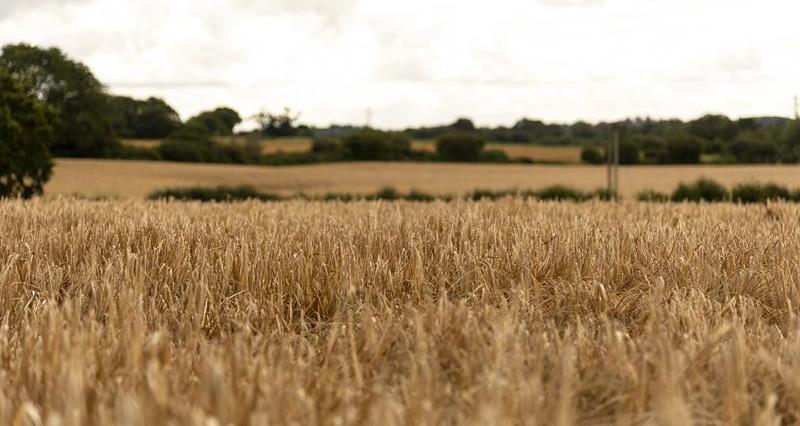The project, which runs from now until 2027, has been awarded funding by Defra under the Farming Futures R&D Fund: Climate Smart Farming.
The new research project aims to help UK farmers and growers target Net Zero and build farming resilience through diversifying their arable and forage cropping. It will also enable new revenue sources through a carbon marketplace and support enhanced value chains for industries such as textiles and construction.
The research will focus on four cropping options:
- rotational cover crops
- annual fibre crops (industrial hemp and flax)
- perennial food, forage, and feed crops (including cereals and herbal leys)
- perennial biomass crops (miscanthus, willow and poplar).
In addition to evaluating their potential to enhance atmospheric carbon capture and sequestration, in the soil and crop-based products, the project will examine the effects of cultivation system and agronomy on economic returns and other environmental outcomes.
Further work will optimise the production and use of renewable biomaterials for fibre, textiles, and construction and develop carbon insetting/offsetting platforms.
The Centre’s ‘Knowledge Hub’ will provide resources to support the effective uptake and utilisation of crops with high carbon-capture potential, with practical outputs such as crop guides, web tools and apps available to landowners, farmers, and agronomists.
NFU Chief Science and Regulatory Affairs Advisor Dr Helen Ferrier said: “One source of opportunity for farms to build resilience, and get a return on investment from diversification – is emerging carbon markets.”
“This project contributes to a route for farmers in supplying fibres and feedstocks from high carbon capture crops.
“There’s broad relevance here for different sectors and locations; so, in areas of uncontrollable flea beetle pressure, cereal growers are looking for a profitable alternative to oil seed rape as a break crop. And livestock farms, at particular risk as BPS is removed, could build resilience by growing these crops on grazing and forage land.”



